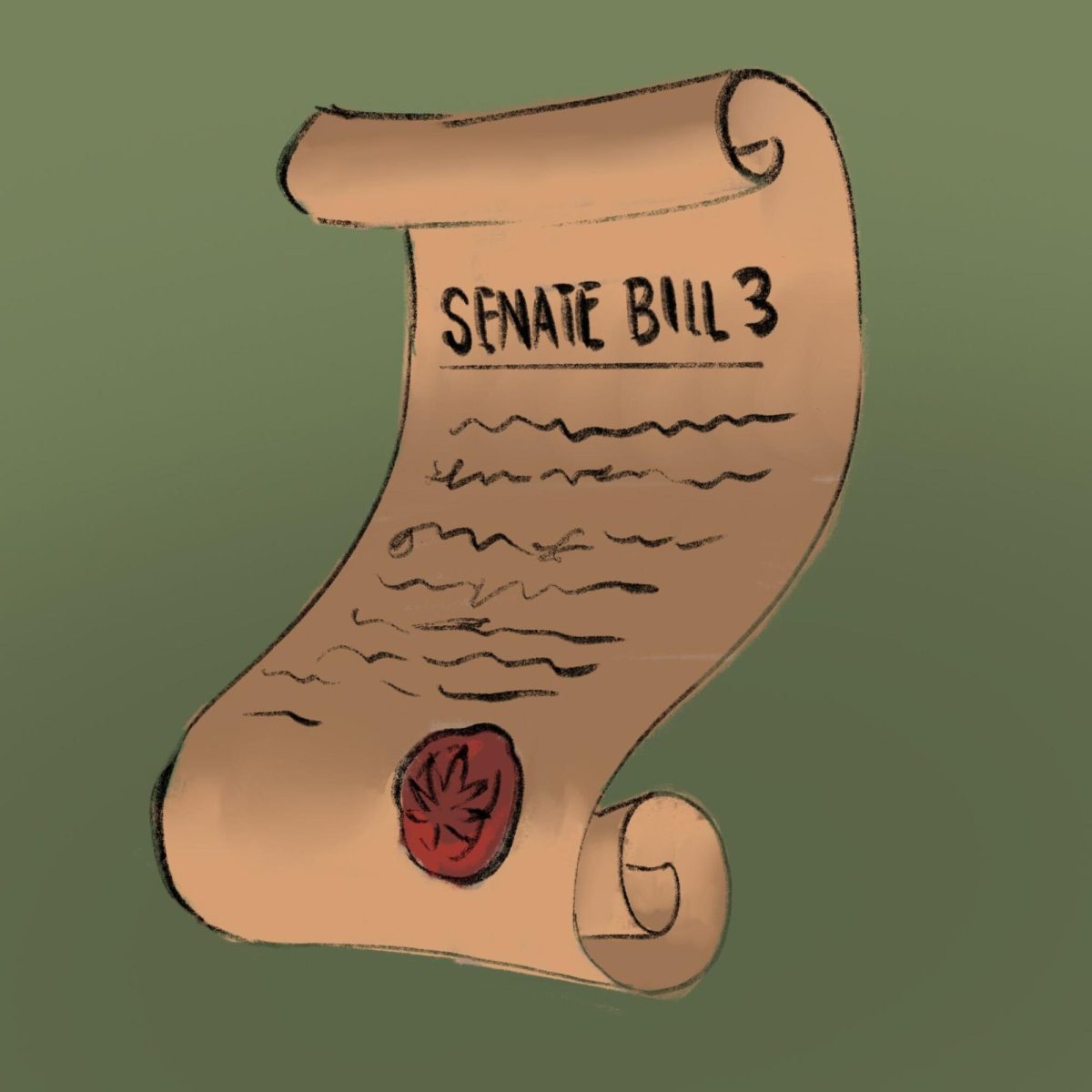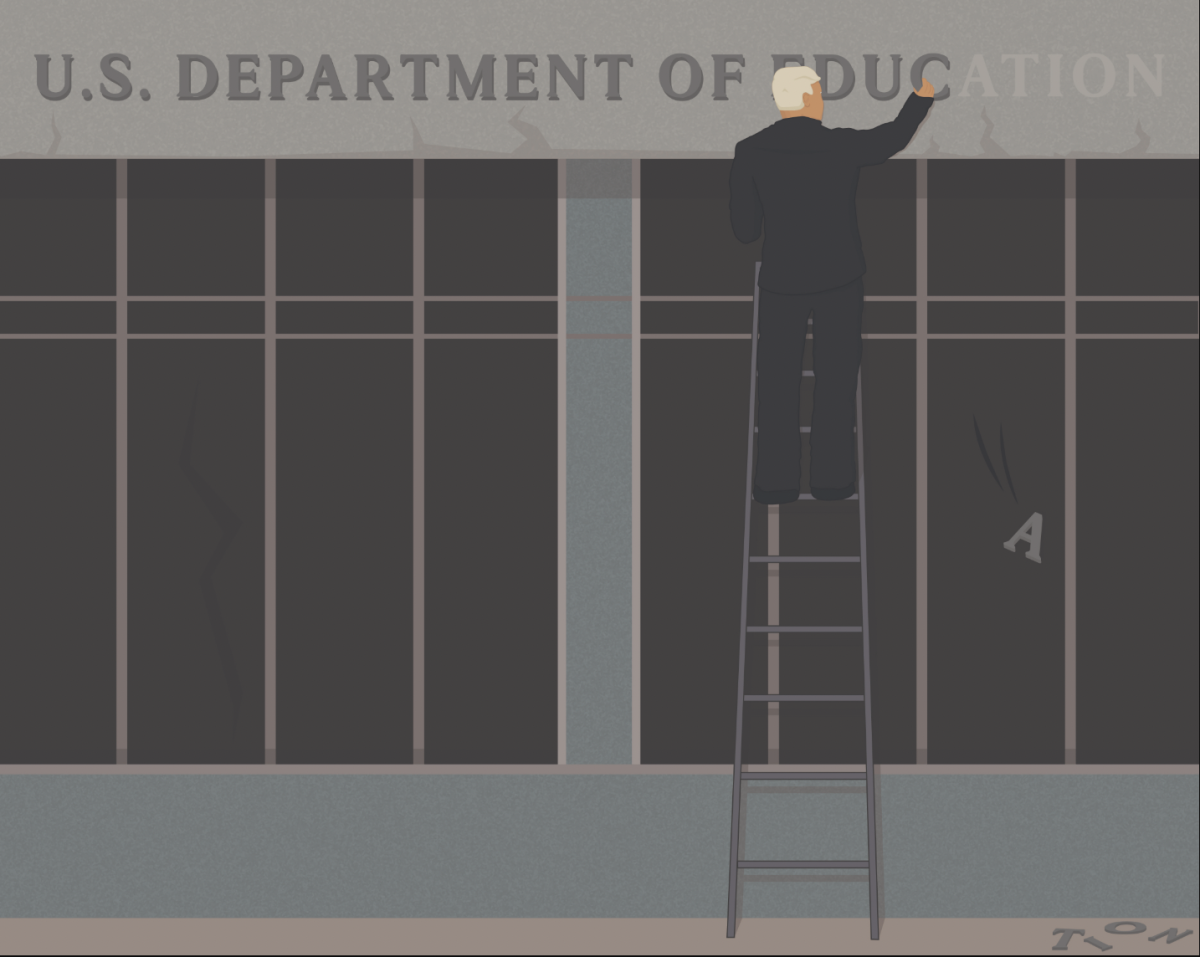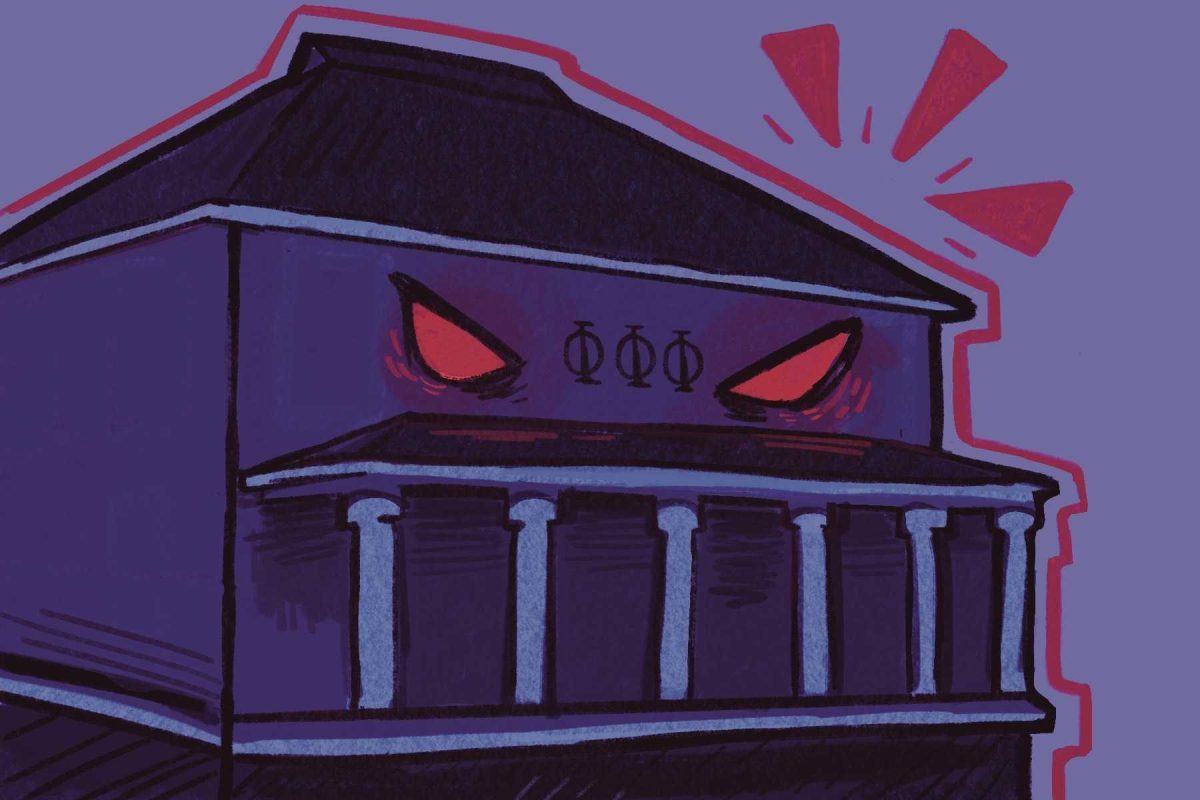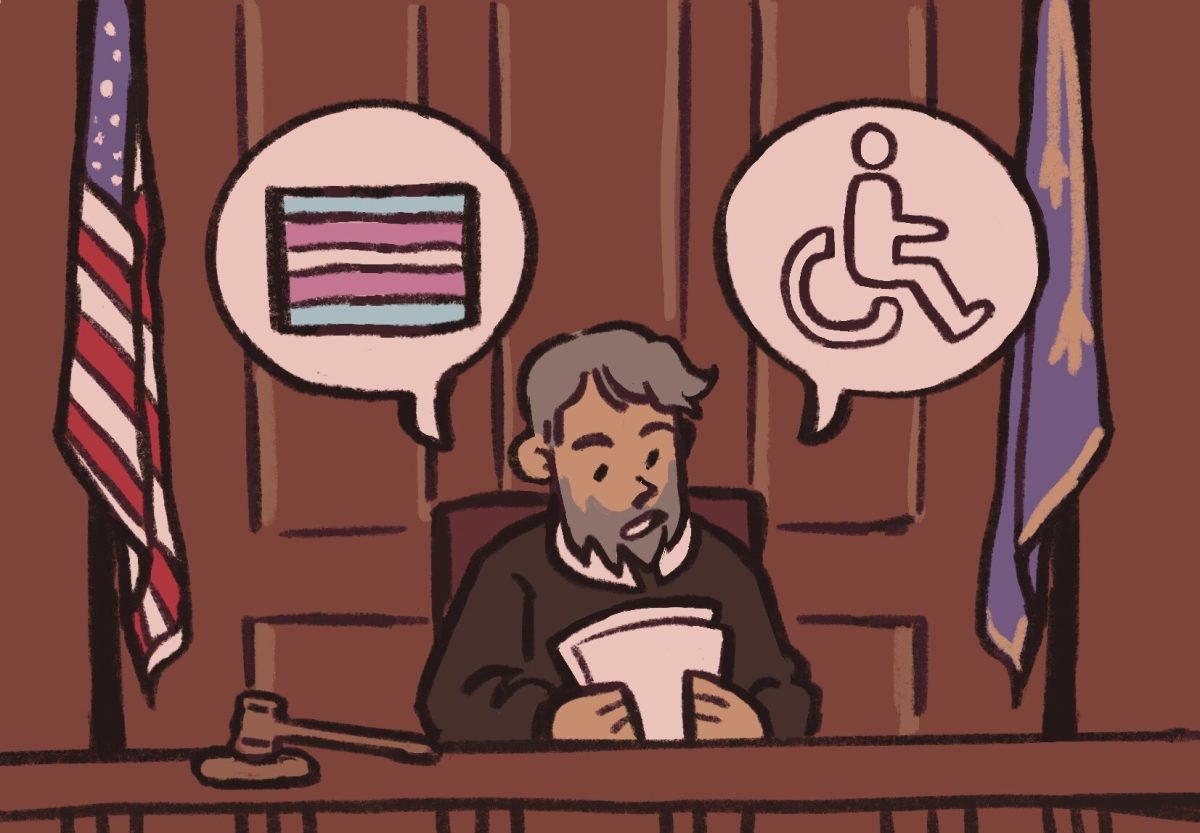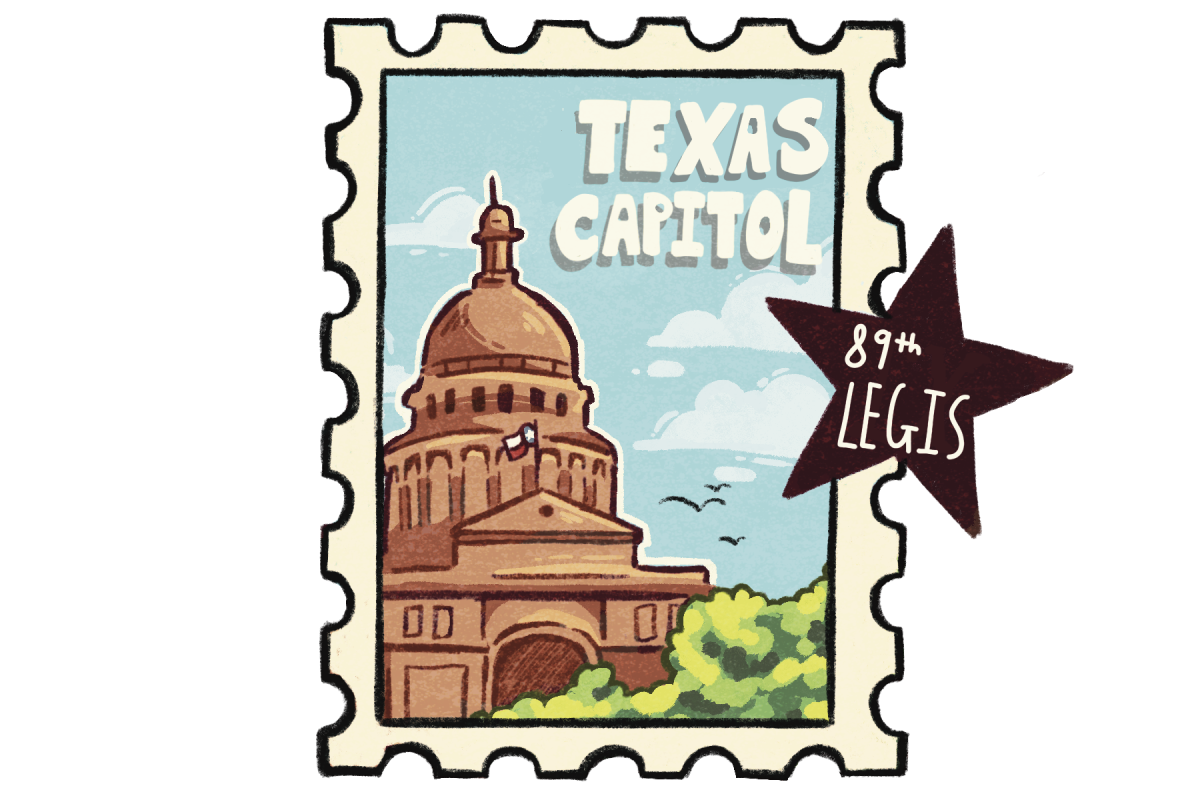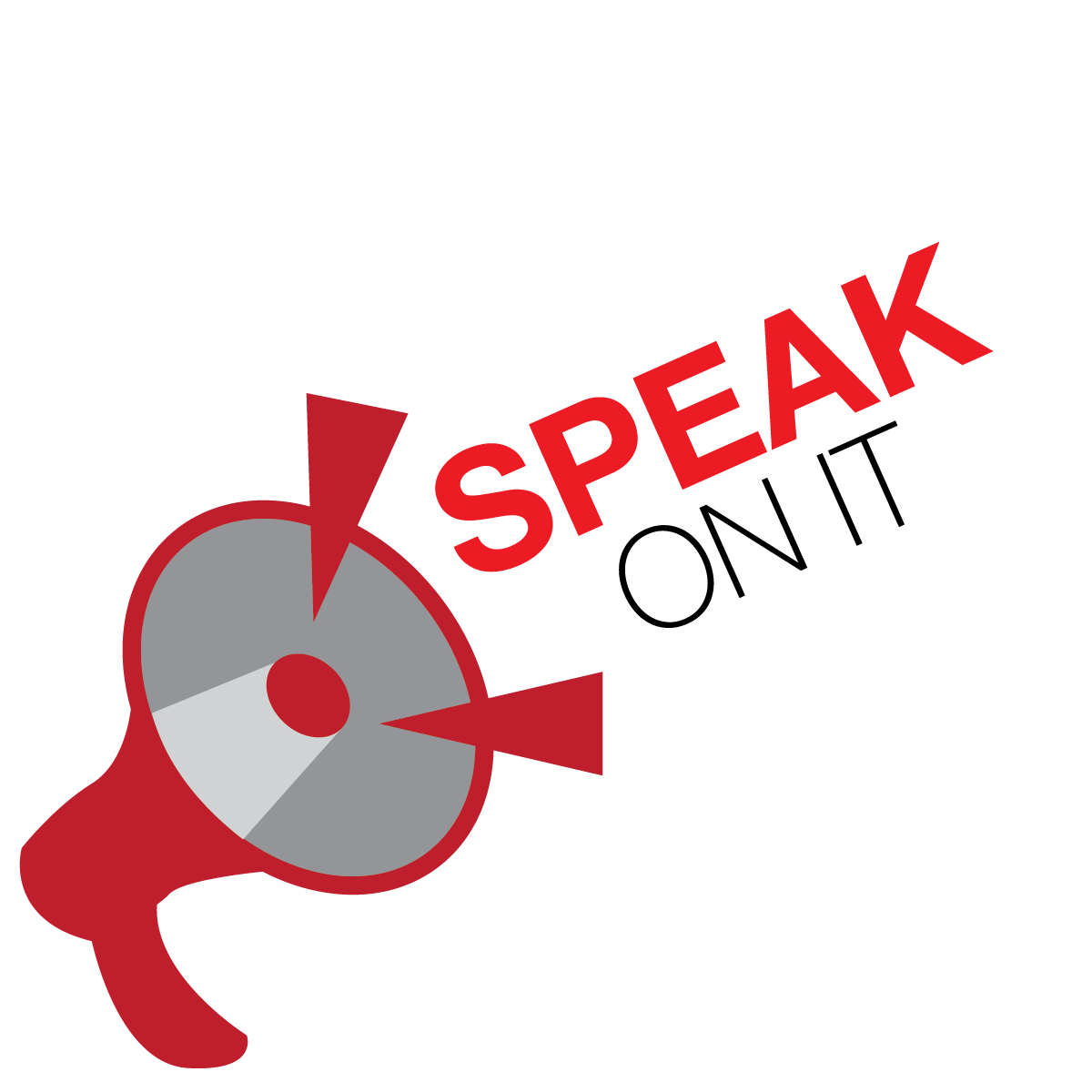Lt. Gov. Dan Patrick proposed Senate Bill 3 (SB 3), which aims to ban the distribution of tetrahydrocannabinol (THC), including in the case of medical pretenses on Dec. 4, 2024. Individuals often seek THC for pain relief, yet Patrick isn’t concerned with the needs of citizens.
In June 2019, House Bill 1325 passed in Texas, permitting the production and distribution of hemp products. This allowed dispensaries to legally distribute regulated marijuana products. This bill opened the door for Texans diagnosed with severe health issues to purchase marijuana from a trustworthy source.
SB 3 aims to replace House Bill 1325, impacting Texans who distribute and use marijuana for health conditions. If SB 3 passes, businesses that distribute THC will crumble along with their customers.
THC products are regulated by the FDA, however, if THC is banned in Texas, individuals might be forced to resort to unregulated products to ease their pain.
Harvard Health states THC binds to specific receptors “on the brain and nerve cells, which slows pain impulses and eases discomfort.” While studies are still being conducted, individual patients vouch for its effectiveness.
According to Patrick’s website, HB 1325 permits the use of “dangerous” non-traceable amounts of THC in products sold in smoke shops and dispensaries. Despite this claim, there are no reliable sources on his site to prove HB 1325 allows the purchases of unregulated THC.
Patrick also claims companies are selling THC products, and directly targeting children. According to the Texas Occupations Code, these cases occur because those younger individuals have chronic pain or illnesses. If Patrick was actually concerned for Texan youth, he would propose protections and safety nets instead of insecurities.
Despite Dan Patrick’s biased accusation of HB 1325, the Texas State Law Library states in Texas, legal THC has a maximum concentration of 0.3%. Depending on the amount, anything beyond the legal concentration, even under medical pretenses, will result in a fine between $2,000 to $50,000, as well as jail time ranging from 180 days to 99 years.
Even though those numbers seem scary, there are laws in place to act as a safeguard for Texan residents who use medical THC.
Initially passed in 2015, the Compassionate-Use Act allows individuals to purchase and use medical marijuana. Legal conditions include being a permanent Texan resident over 21 years old, a signature from a physician and a diagnosis, such as chronic pain or insomnia.
Go Green Botanicals, a dispensary in San Marcos, offers THCA products. Employee Trevor Hamarlund said the store relies on THC sales in order to stay afloat.
“There are times where parents buy [medicinal] hemp products for their kids who have some sort of mental, emotional, [or] physical condition,” Hamarlund said. “[Parents] have been verified to purchase THC by their physician…”
To help prevent the ratification of SB 3, Texans must communicate concerns with their state representatives by utilizing the “Who Represents Me?” website, and spread information to medical marijuana users who might be unaware.
Texas lawmakers must realize the overwhelming importance of medical marijuana in the daily lives of many citizens. SB 3 must not be passed to ensure the safety of those who rely on the effects of medicinal marijuana, before it’s too late.
-Jolee Gavito is a journalism sophomore
The University Star welcomes Letters to the Editor from its readers. All submissions are reviewed and considered by the Editor in Chief and Opinions Editor for publication. Not all letters are guaranteed for publication.



